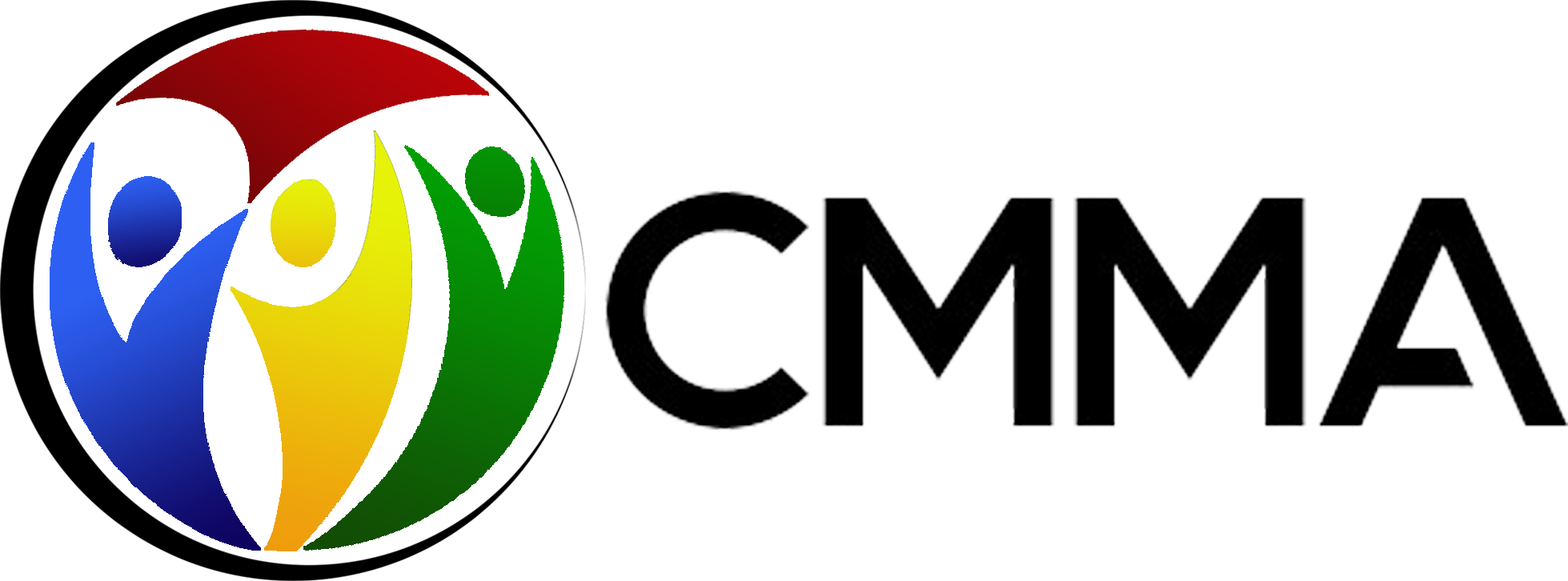The government decreased protection efforts. Multi-disciplinary teams consisting of police, labor, and immigration officials continued to operate; however, the government did not report identifying any victims in 2019, compared with two in 2018, 71 in 2017, and nine in 2016. The anti-trafficking task force continued to provide law enforcement and social services officials with a checklist of the most common signs of trafficking, which was used in concert with the government’s QRCs. Authorities reported the influx of Venezuelan migrants and refugees overstaying their visas and working illegally—beginning in 2018—continued to impact Aruba’s efforts to combat trafficking. Although authorities reported screening illegal migrants for trafficking indicators ahead of deportation, some members of civil society claimed to have seen an increase of trafficking victims seeking assistance. The government had a formal victim referral mechanism to guide officials; however, the government did not report referring victims using this mechanism.
The government maintained informal verbal agreements with local NGOs and private sector accommodations to shelter adult and child victims of trafficking. Authorities placed unaccompanied child victims in foster care centers, foster homes, or local churches. Officials conducted risk assessments before deciding whether victims could leave shelters unchaperoned; authorities restricted victims’ movement if their lives were threatened. The government reported finalizing a plan for the development of a multifunctional shelter with the capacity to house 20 victims in the Dutch Caribbean; officials stated the government will implement the plan in 2020. Authorities did not report whether any victims assisted the government in the prosecution of their traffickers during the reporting period.
Although foreign victims were entitled to the same rights and protection as Arubans, the government did not report how many received benefits. The law authorized the extension of temporary immigration relief for foreign victims for three to six months on a case-by-case basis and allowed foreign victims to change employers if they were suspected of exploiting workers. Authorities did not report whether any victims received these benefits. The criminal code enabled victims to file civil suits against traffickers and if the trial resulted from a criminal investigation, the victim could seek compensation not to exceed 50,000 florin ($28,090) for financial and emotional damages. The Bureau of Victim Assistance operated a hotline for potential victims of all crimes, including trafficking; however, the government did not identify any victims using the hotline for the second consecutive year.
